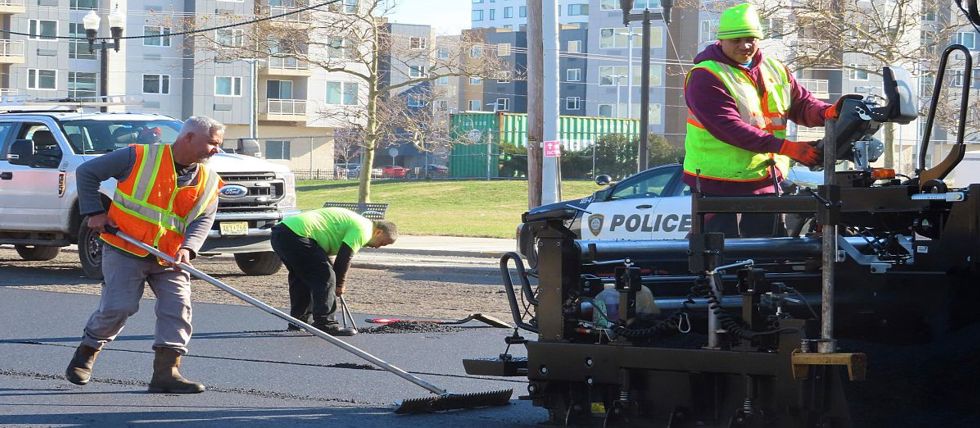Atlantic City Casinos Lose Battle over Roadway Changes

Atlantic City has received the go-ahead to proceed with a controversial project that involves reducing the width of its main street from four lanes to two. Despite objections from five casinos and a hospital, Superior Court Judge Michael Blee ruled against arguments claiming potential harm from the ongoing project, which is aimed at enhancing pedestrian safety.
Bottlenecks for Casinos
The casinos involved, including Caesars, Tropicana, Resorts, Bally's and Hard Rock, along with AtlantiCare Hospital, expressed concerns about potential traffic disruptions, a decline in visitors, and delays for emergency vehicles.
The court dismissed claims that the half-completed project, initiated last month during the city's slowest period, could cause irreparable harm. Judge Blee pointed out that no injuries had occurred due to the construction and noted that if opponents were successful in court, the road could be restored to its previous state without significant difficulty.
Mayor Marty Small highlighted that the city secured $24 million in federal and state funding for the initiative. The funds will cover improvements such as newly paved roads, upgraded sidewalks, and enhanced street lighting with synchronized traffic lights.
Mayor Small underscored that these funds are not sourced from Atlantic City taxpayers, emphasizing the commitment to improving infrastructure and pedestrian safety.
Improving Public Safety
In December, city officials disclosed that the funding was contingent on specific pedestrian safety measures, including the contentious road narrowing project. Attorney Keith Davis, representing the casinos and AtlantiCare, argued that the city lacked the legal authority to alter traffic patterns on the street. This, he asserted, falls under the jurisdiction of the Casino Reinvestment Development Authority (CRDA), a state agency overseeing the Tourism District since 2011.
Judge Blee acknowledged that the CRDA was not involved in the legal proceedings, despite concerns raised by the Casino Association of New Jersey, which sought to block the project. The judge scheduled a trial for February 2025, but Mayor Small pointed out that work on the project's second phase is set to commence in September, well before the trial and completion of the entire project.
Opposition from the casino industry stems from apprehensions regarding potential implications for public health, safety, and general welfare due to altered traffic patterns on Atlantic Avenue. As Atlantic City moves forward with the contentious project, the legal dispute continues, setting the stage for a trial that will delve into the contested changes to the city's primary thoroughfare.
More Business News
RELATED TOPICS: Business








Review this New Post
Leave a Comment
User Comments
Comments for Atlantic City Casinos Lose Battle over Roadway Changes